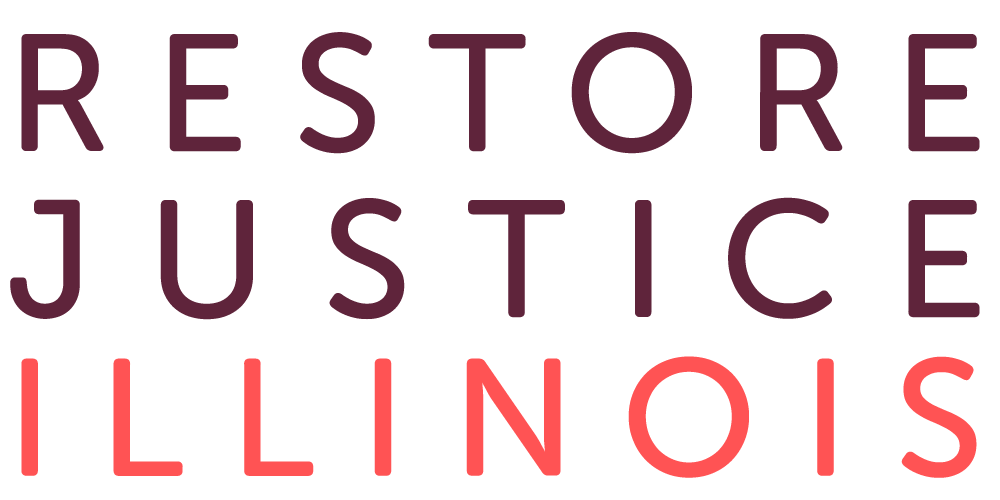April 5, 2022, at 10 a.m.
Dear Chairperson Slaughter, Minority Spokesperson Severin, and Members of the Judiciary – Criminal Committee:
Thank you for allowing me to submit testimony in opposition to HB 1100, HFA1. I am Rev. Lindsey Hammond, Policy Director of the Restore Justice Foundation. We are a non-partisan statewide policy organization focused on reducing the harm caused by excessive criminal sentencing and post-sentencing policies.
HB 1100, HFA1 would create a new Class 1 felony for predatory vehicular highjacking. A person would commit predatory vehicular highjacking when that person is 18 years of age or older and knowingly commands or coercers a minor under 18 years of age to commit a violation of Section 18-3. HB 1100, HFA1 will not stop “carjacking.” Increases in sentence severity have not lowered rates of violent crime in Chicago. Therefore, increasing sentences for carjacking or vehicular hijacking will not reduce crime rates.
Carjacking is not a new crime or even a new problem in Chicago:
Carjacking is a form of robbery. The total number of robberies, which include carjackings, have declined 80% since 2001.1 While the number of carjackings did increase, the overall decline in total robberies far outpaced it (data from Stephanie Kollmann/Northwestern Pritzker School of Law).
The increase in car robberies between 2020 and 2022 coincides with economic and social pressures related to the COVID-19 pandemic and related mental health crisis.
This trend mirrors increases in property crimes around the country, including in Minneapolis, New Orleans, and Philadelphia.
Research is clear that longer prison terms do not deter violence:
In the 1970s and 1990s, states and the federal government inflicted harsher punishments with the goal of reducing crime. In Illinois, we eliminated parole (1978), slashed time off for good behavior (1998), and increased base sentences and mandatory minimums.
As a result, the amount of time people actually serve has doubled, and violence has not decreased.
Illinois’s sentences for carjacking are already severe:
Current sentences for robbery and vehicular carjacking in the state of Illinois are severe, and Illinois already has some of the strongest gun enhancement penalties in the country.
Vehicular hijacking carries a penalty of 4-15 years in prison. If the individual is armed with a gun, they must serve an additional mandatory minimum sentence of at least 20 years in prison.
The average sentence for people currently in the Illinois Department of Corrections for vehicular hijacking or aggravated vehicular hijacking is already more than 16 years. Three individuals are serving natural life sentences for these convictions.
Emerging adults have unique developmental characteristics that influence their behavior:
Scientists have found that the brain continues to develop well into the 20s. As a result, the parts of the brain that govern judgment and impulse are among the last to form, so children and emerging adults respond with emotion more than adults at least until the age of 21.
Emerging adults, like their younger peers, are prone to poor decision-making, impulsivity, peer influence, and risky behavior.
Increasing penalties, even more, will not reduce the incidence of carjacking. Especially for young people, the length and severity of punishment are not as effective a deterrent as the likelihood of being caught.
What solutions will help reduce the number of carjackings?
Reduce the flow of illegal guns into our communities.
Fully fund and implement evidence-based strategies to reduce violence through street outreach, mentorship and counseling, and clinical support for trauma.
Build trust and cooperation between law enforcement and communities.
Invest in communities to provide all residents with equitable access to quality health care, education, and employment opportunities.
It is unclear from evidence whether adults forcing young people to commit carjackings is in fact a significant driver of the recent rise in carjacking incidents over the past two years. We know long sentences do not deter violence. We urge you to oppose HB1100, HFA1.
Thank you for your consideration.
Sincerely,
Rev. Lindsey Hammond, Policy Director
Restore Justice Foundation

